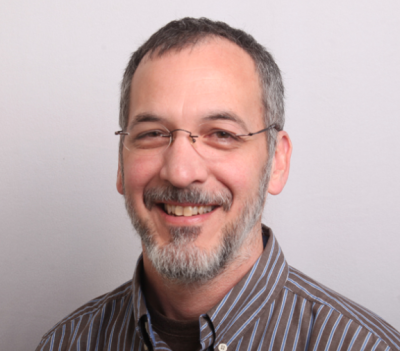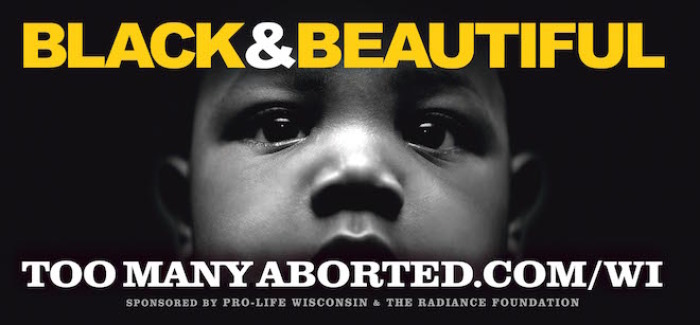Why So Few Blacks at the Planned Parenthood Protests?

Following the nationwide Planned Parenthood protests two Saturdays ago, I looked over as many photos of the events as I could find. Most images were from protesters themselves, published on social media. Some were from friends of mine; most were not.
Each of the protests pictured — from east coast to west coast, north to south, and cities in between — had this in common: they were attended overwhelmingly by White people. A rough estimate would be 95 percent. It might be low.
The Whiteness was glaring. A friend noted the same disparity at the Nashville protest even though the clinic sits in a predominantly Black residential area. (Even the photos in Mollie Hemingway's piece at The Federalist, clearly attempting to show diversity in the protesters, are predominantly White folks.)
There is certainly no problem with people of any race or ethnicity opposing abortion-on-demand (aka, "consumerist abortion"), but the apparent disparity was intriguing. I didn't know what to think, so I asked three African-American friends.
James Roberson III is a church planter in Brooklyn where he leads Bridge Church NYC. After a couple of social media friendship years James and I met for the first time last month at the SEND North America Conference here in Nashville. This is his take:
Abortion will not have more diverse support until we see how it relates to the economic problems in urban communities. Seventy-five percent of the abortions in Raleigh, where we used to live, were to young black girls. To protest for the baby and not address the girl having it ... is weird.
I asked if there was concern that girls in that situation were being exploited.
No doubt the girl is being exploited. But the other side of this is that, unfortunately, abortion is at the low end of the totem pole of the types of murder in urban centers. As sad as it seems, if you raised a daughter who got pregnant and two of your sons had been killed in the streets, you might see abortion as relief and not murder.
I'm not saying it's right. It's just that context is everything.
Context is what we often miss. How many suburban White folks "stand up for the unborn" without thinking through why the mom is from the beginning considering abortion? When a young Black girl in the inner city gives birth, do we applaud the choice, or move directly to castigating her for being an unwed mother? Are we joyful over another child born in the image of God, or snarkily complain about another SNAP recipient to siphon away "my tax dollars"?

I've never met Rasool Berry in the flesh, but we've exchanged texts, emails and bantered on social media. He's been long involved with a national ministry, and is a widely respected. This is how Rasool responded to my question about low Black involvement at the Planned Parenthood protests.
A couple of thoughts: I think we see 1) community fatigue about fighting for rights. One can't look at this fight in a vacuum. The fight for life occurs everyday in many black neighborhoods where threats from without (systemic oppression) and within (violence, etc.) have prompted activists in leaders to be often times overwhelmed by the crises; 2) No relationship and little trust from the predominantly white evangelicals spearheading the pro-life movement. Most of the protests surrounding civil rights and social justice issues over the last 50+ years are predominantly black (especially when looking at church involvement). In the 60's MLK's pleas for the white evangelical church to support largely (though not completely) fell on deaf ears. There's little interaction and mutual support in general. More alliances need to be formed across racial and denomination lines to foster understanding and support; and, 3) the political narrative issue.
Additionally, abortion tends to be part of the agenda of conservative politicians who also tend to oppose issues that blacks care about, and tend to focus the discussion on abortion in a hyper-individualistic way instead of looking at a multifaceted approach that could reduce abortions. For example: many families don't want another generation to grow in poverty. What if there were economically viable options available to help a young woman finish school? Scholarships available for kids to go to good schools? Perhaps if we looked at the reasons that tip the scale for women making that choice and create alternatives, it'd be a less attractive choice. While I don't believe that such considerations warrant the taking of a life, I think it's wise to understand and empathize with those concerns to help people make better choices.
I currently go to a predominantly black Bible church that actively supports Life Centers and even has a life Sunday each year; but I know we are in the minority. Last thing: I think the black church is very private about sexuality. We are often pretty conservative about it typically, but I think less likely to rally/protest on those issues.




























